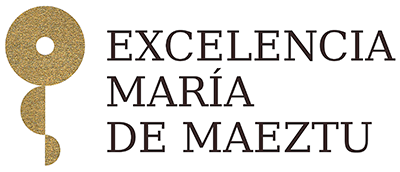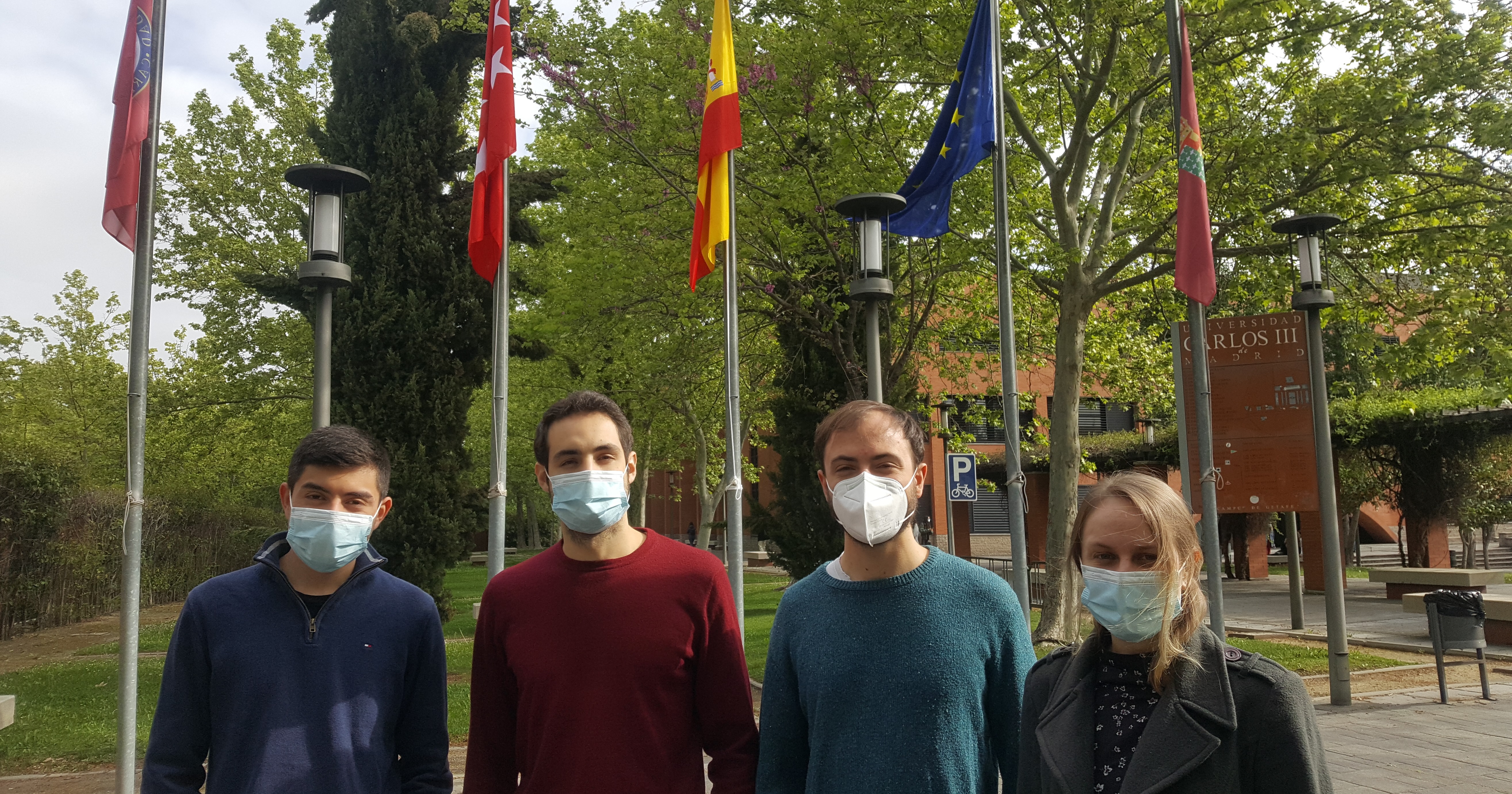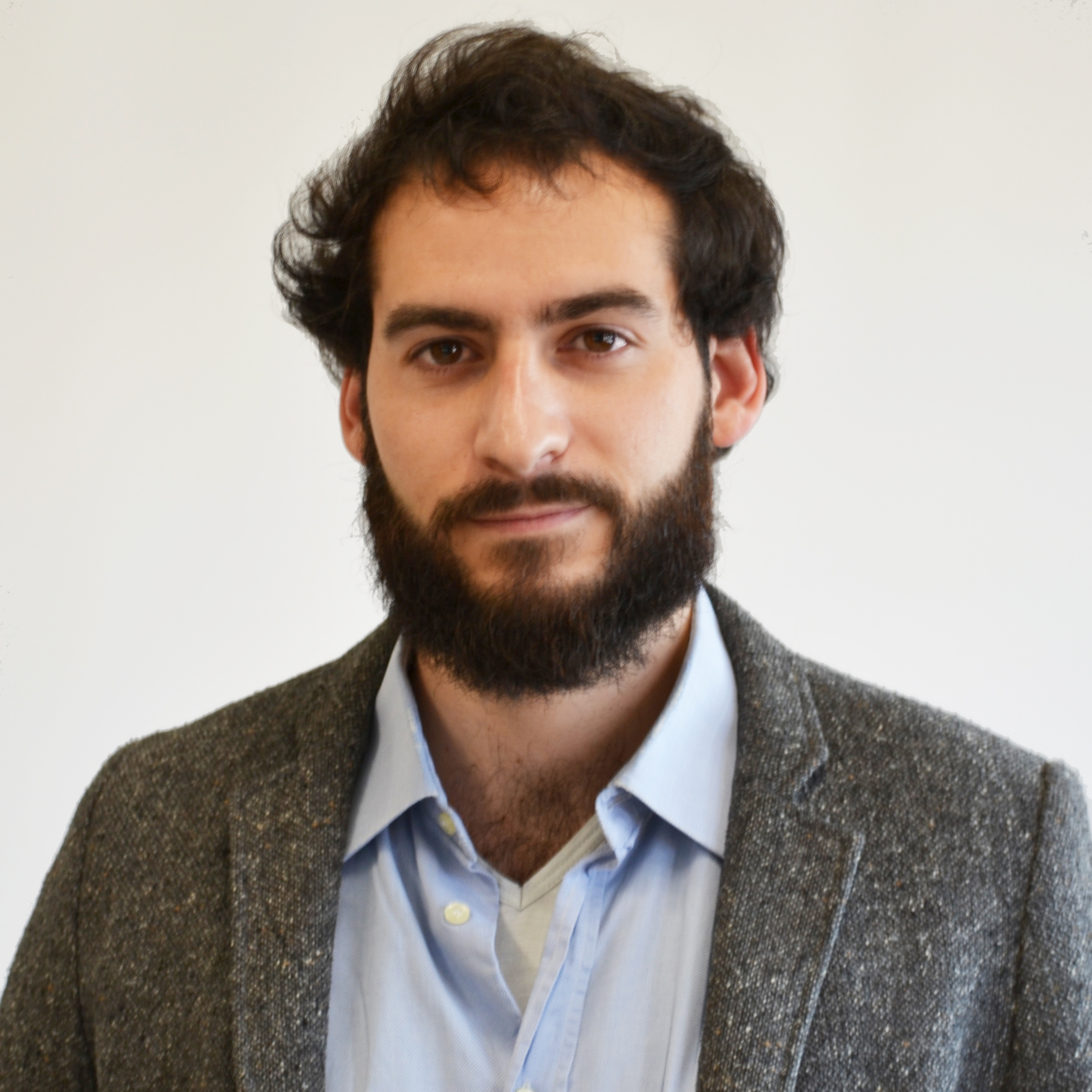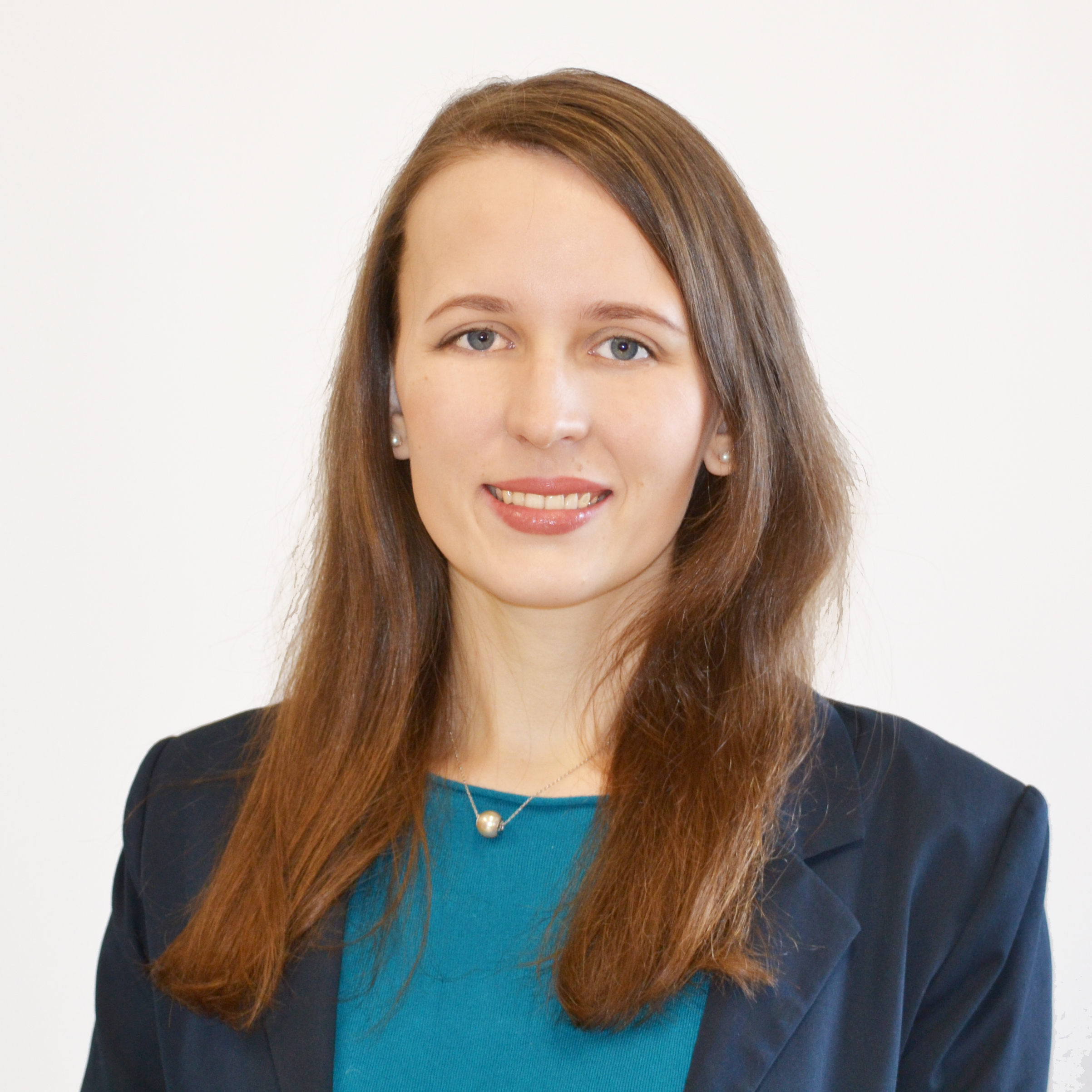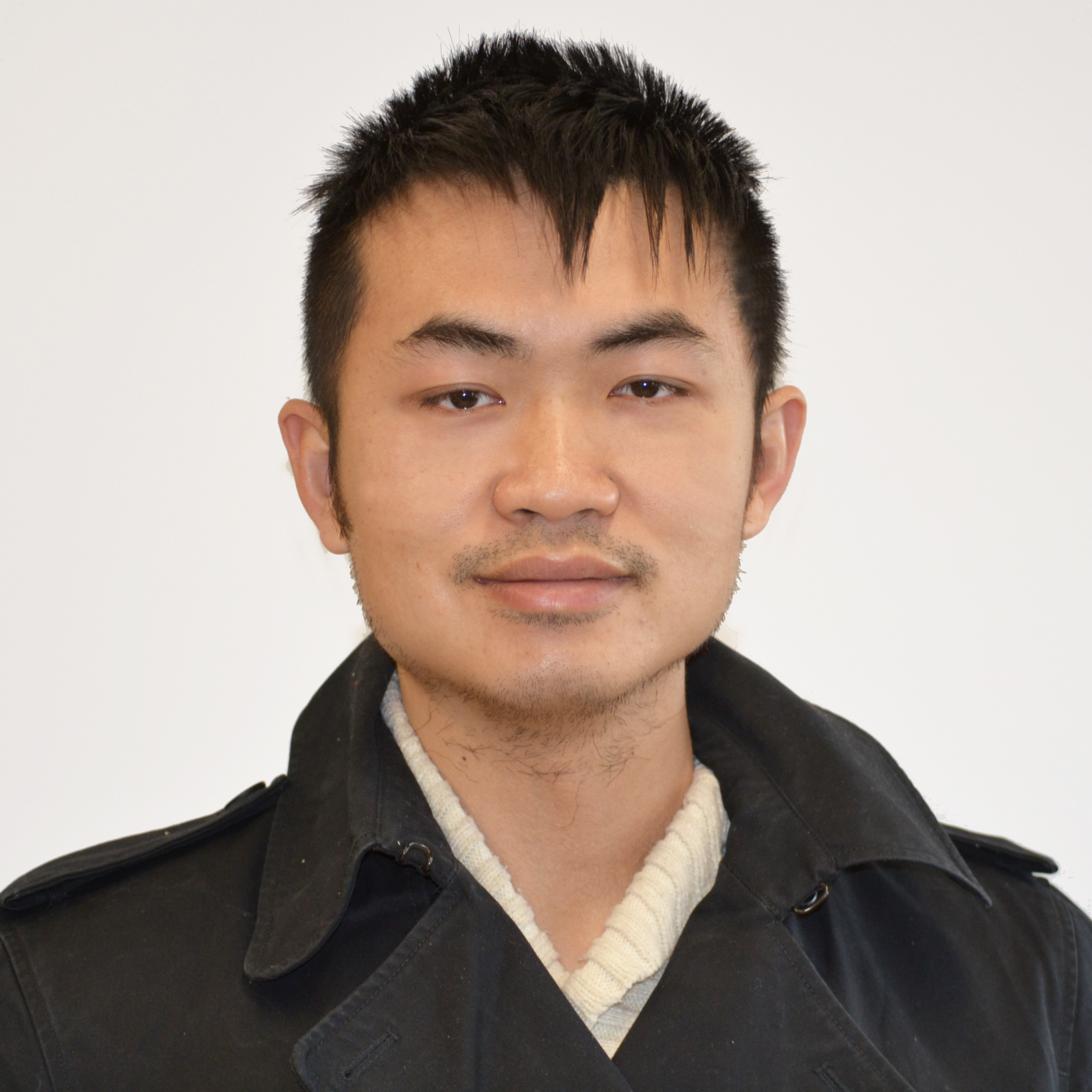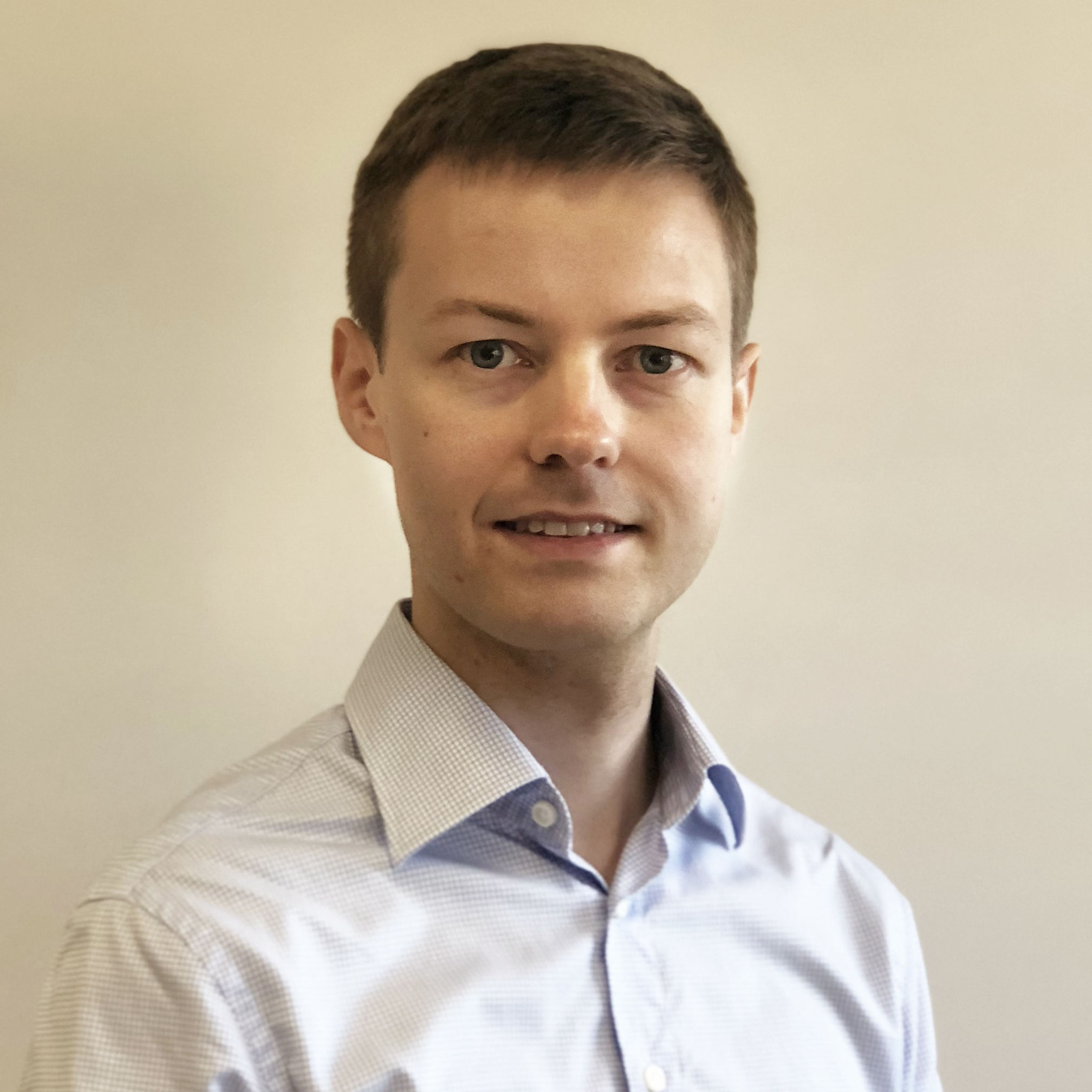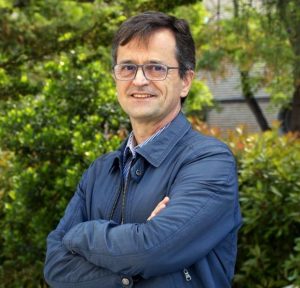 Antonio Cabrales, professor in the Department of Economics at Universidad Carlos III de Madrid, has been awarded with the Rey Jaime I 2021 in the Economics category. This prize, endowed with 100,000 euros and with a jury of 21 Nobel laureates, recognises the work and contributions of the researcher in the field of game theory, behavioural and experimental economics, and the analysis of social networks. It also highlights his recent contribution in adaptive dynamics or bounded rationality.
Antonio Cabrales, professor in the Department of Economics at Universidad Carlos III de Madrid, has been awarded with the Rey Jaime I 2021 in the Economics category. This prize, endowed with 100,000 euros and with a jury of 21 Nobel laureates, recognises the work and contributions of the researcher in the field of game theory, behavioural and experimental economics, and the analysis of social networks. It also highlights his recent contribution in adaptive dynamics or bounded rationality.
Cabrales is a Professor in the Department of Economics at UC3M. He holds a PhD in Economics from the University of California, San Diego, and has been a professor at University College London and Pompeu Fabra University. He is a research associate at the Center for Economic and Policy Research (CEPR), executive vice-president of the European Economic Association and former president of the Spanish Economic Association, as well as honorary member of both associations. His main lines of research focus on the economics of social networks, design and mechanisms, learning games and evolution, experimental economics, behavioural economics and industrial organisation.
His interests include public policies in education, health and labour, for whose analysis he uses a varied set of techniques anchored in economic theory, according to the executive president of the Rei Jaume I Awards Foundation, Javier Quesada, during the proclamation of this year’s winners.
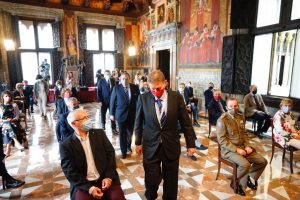
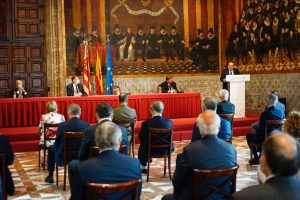
The Rey Jaime I Awards were created in 1989 with the aim of bringing together, in studies and research, scientific and business entities for the promotion of research, scientific development and entrepreneurship in Spain. They are the prizes with the best financial endowment in the country, with the commitment to reinvest part of the prize money in research and entrepreneurship in Spain. The juries are made up of eighty people, including more than twenty Nobel Prize winners.
Antonio Cabrales is the second member of the Economics department to receive this prestigious award along with Juan J. Dolado in 2015.
More information:
